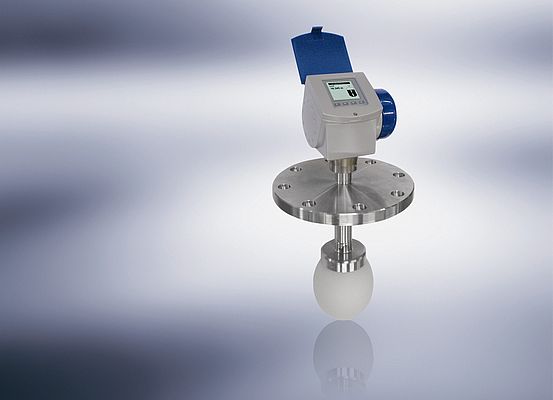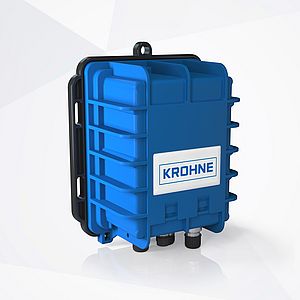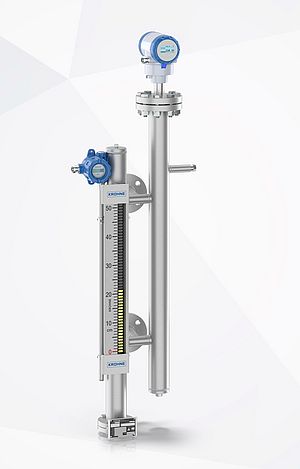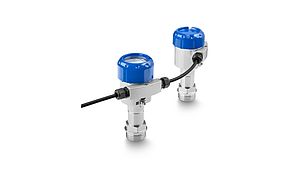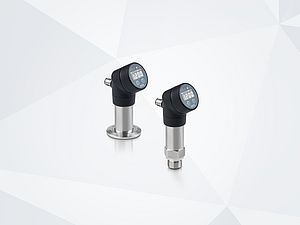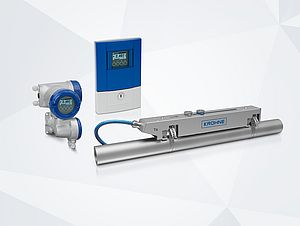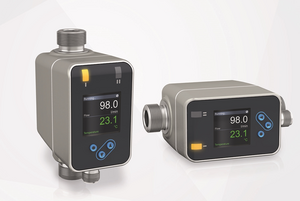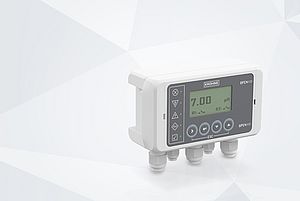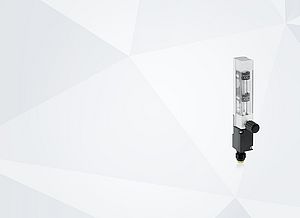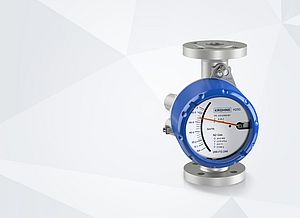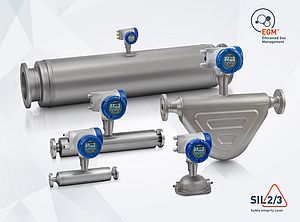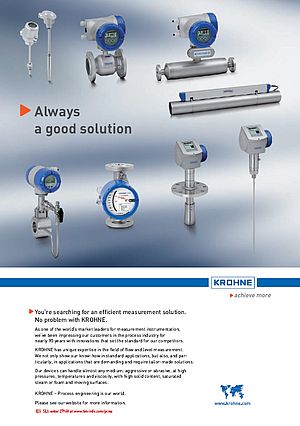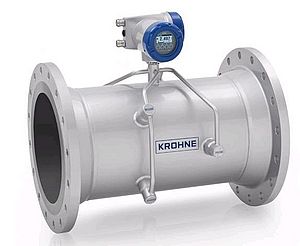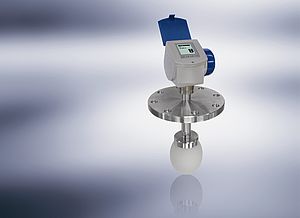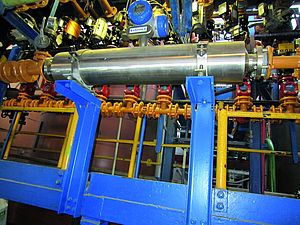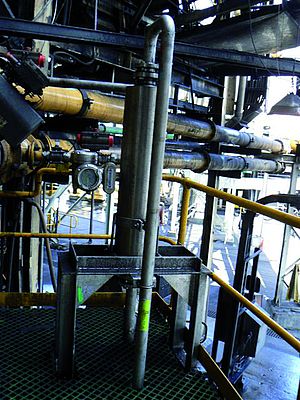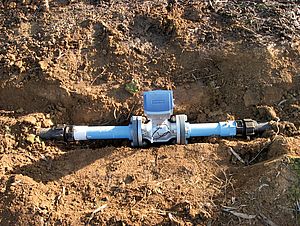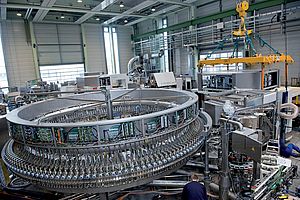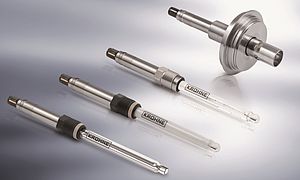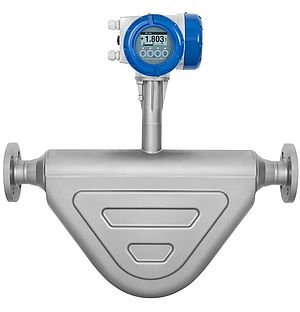In a large Australian gold mine, a non-contact FMCW radar level meter, designed for dusty process conditions, provides a solution for level measurement to avoid ore built up and preventing damage to tripper cars.
5 OPTIWAVE 6300 non-contact FMCW radar level meters have been delivered to a gold producing facility to protect tripper cars from damage caused by overfilled bins, avoiding a potentially hazardous situation. Tripper cars are used to provide a transfer point for raw material. Tripper cars move back and forth to allow mined material to be discharged into different locations - feeding conveyor belts, mills, bins or stock piles.
One of world’s largest gold mines uses the OPTIWAVE 6300 to measure multiple bin levels with heights exceeding 10m. The position of the tripper car is controlled by the measured bin levels from these radars and the demand on the bins. However due to mounting and mechanical restrictions the bin level meters are positioned to the side of the bins and cannot measure product level right up to the conveyor, causing potential for the ore to build up to the tripper, damaging the tripper car and causing a potentially hazardous situation. By mounting the OPTIWAVE 6300 on the tripper cars, the radar is able to quickly lock onto the level of one bin to the next, measuring the material level in each of the bins, with the peak rising as it approaches the centre of the bin; and falling as it moves away from the centre. This additional, tripper car mounted radar provides redundancy for the bin mounted radars and protects the tripper cars from damage caused by an overfilled bin.
Dust and dirt inherent in mining operations makes reliable bin level measurement from a moving tripper car even more challenging. KROHNE’s OPTIWAVE 6300 FMCW radar level meter provides a more stable and responsive measurement than pulse radar and is well suited to dusty process conditions.
The OPTIWAVE 6300 has a unique PP or PTFE Drop shaped antenna: its shape prevents product build-up in dusty applications. Further the frequency-modulated continuous-wave (FMCW) measuring principle provides continuous measurement at high bandwidth, resulting in enhanced reliability and accuracy in the presence of strong multiple reflections, like a dusty environment. An installation wizard specifically for solids, powders, and granulates permits the instrument to measure uneven surfaces accurately with ranges up to 80m.


